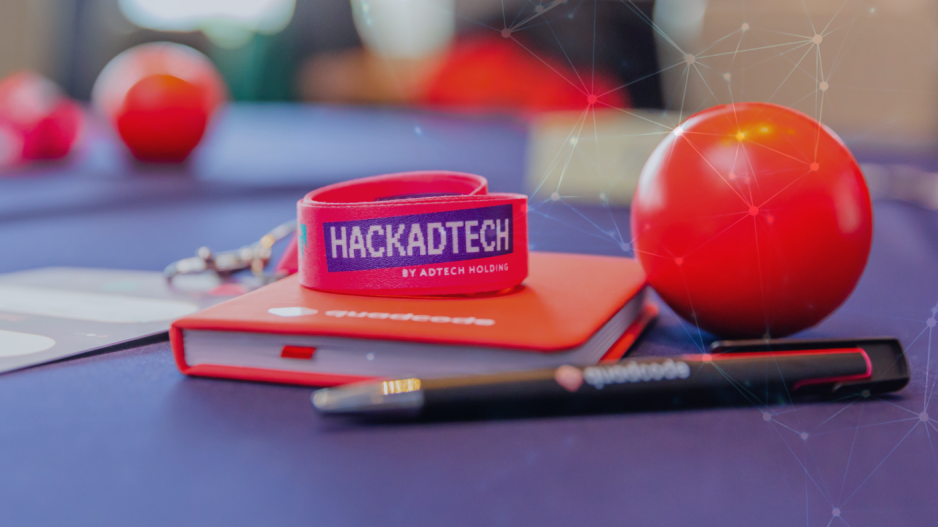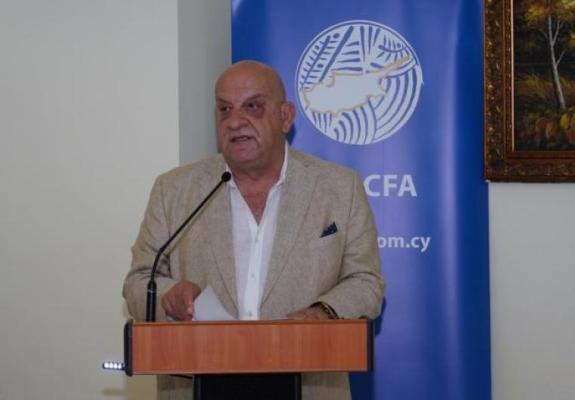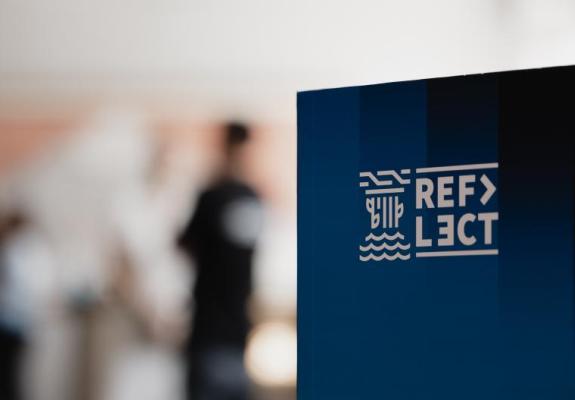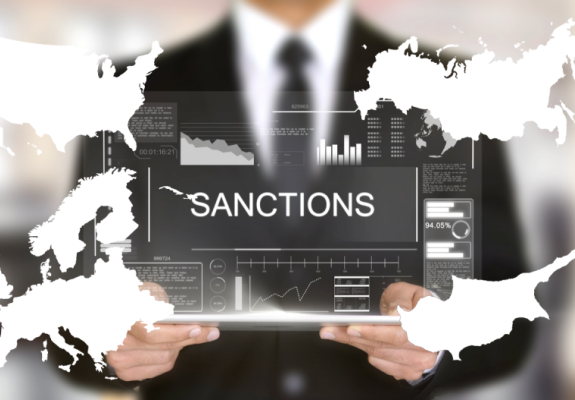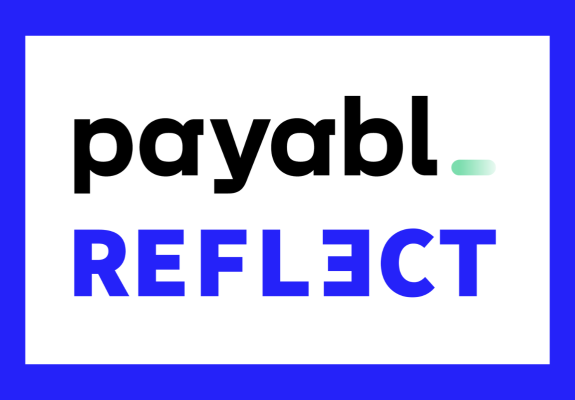Immersing Into the Evolving AdTech Space at the HackAdTech Hackathon
A closer look at how technology is impacting advertisements and the HackAdTech Hackathon's role in bringing these elements to light
The HackAdTech Hackathon in Limassol, Cyprus, was a melting pot for innovative ideas that could reshape internet advertising. With over 200 participants, this event underscores the dynamic evolution of adtech, showcasing a 20 percent increase in participation compared to last year.
AdTech Holding, a trailblazer in the adtech and martech spheres, boasts an impressive portfolio of solutions. Notably, AdTech Holding’s engagement technologies have seen a 25 percent increase in user interaction rates, demonstrating their effectiveness in capturing audience attention. The HackAdTech event was geared towards leveraging these technologies for groundbreaking ad campaigns.
As the HackAdTech Hackathon in Limassol has come to a close, it is an opportune moment to observe the participants' projects within the context of the sweeping changes that engagement technologies, in-app advertising, and the utility app market are bringing to the adtech industry.
The evolution of engagement technologies is not just a theoretical shift but a tangible revolution. Recent campaigns, utilizing interactive elements, have seen a 79 percent rise in message retention, emphasizing the transition from passive to active viewer interaction.
The dynamic change propelled by engagement technologies is not only about advancing presentation styles but also about revolutionizing user expectations. Leveraging robust data analytics and machine learning, recent campaigns have not just presented ads; they’ve initiated a meaningful two-way conversation.
In using AI and machine learning, brands can gain insights as to where their ads appear, ensuring they aren’t associated with inappropriate content and media. This is a significant factor to monitor as 91 percent of consumers elect to remain loyal to brands that remember them and offer tailored recommendations.
For innovators at the Hackathon, the task was to extend this engagement even further — to make ads so compelling that they become a seamless part of the user's digital experience. Traditional banner ads are now gradually making room for sophisticated in-app placements. This is made evident in that the in-app advertising market is in a period of extensive growth. In 2022, the market size was $99 billion and is expected to rise to $119 billion by the end of 2023, with a forecasted value of $240 billion by 2027.
The effectiveness of in-app advertising is also seen when observing how advertisements are affecting consumers. Findings highlight that native ads, which are more intuitive than traditional banner ads, received 53 percent more views, as banner ads negatively affect 86 percent of consumers, leading to a low average click-through rate of only 0.05 percent for display ads.
Leading brands now skillfully integrate into the app environment, delivering organic value, especially through short-form video content. The significance of short-form video content cannot go understated, as 75 percent of consumers watch short-form video content on their mobile, which is where 60 percent of website traffic is generated from.
The HackAdTech participants exploring in-app advertising possibilities had a rich landscape of success stories to draw inspiration from. As Hackathon participants explored new in-app advertising possibilities, they considered not just the placement and format of ads, but also how to leverage data to achieve precision targeting without infringing on privacy.
The utility app market, meanwhile, is a testament to the seamless integration of usefulness and accessibility in applications that garner millions of downloads. The challenge for any developer is to identify a universal need and address it in a way that is both intuitive and indispensable. In a market where the competition is fierce, a utility app that goes viral must hit the sweet spot of being functional while also mastering the art of monetization without detracting from the user experience.
The conclusion of the HackAdTech Hackathon shed light on the fusion of engagement technologies, in-app advertising, and utility app development which stand as propellers of opportunity for adtech innovation. Whether it’s through creating immersive ad experiences, leveraging the intimate ecosystem of apps, or developing a utility app with the potential to go viral, the participants have the chance to redefine engagement in the digital advertising space.
With Limassol's innovative spirit as a backdrop, HackAdTech Hackathon is more than just a competition; it's a celebration of progress and a testament to the transformative power of human ingenuity in adtech. It's time to embrace the challenge and shape the future of advertising.
